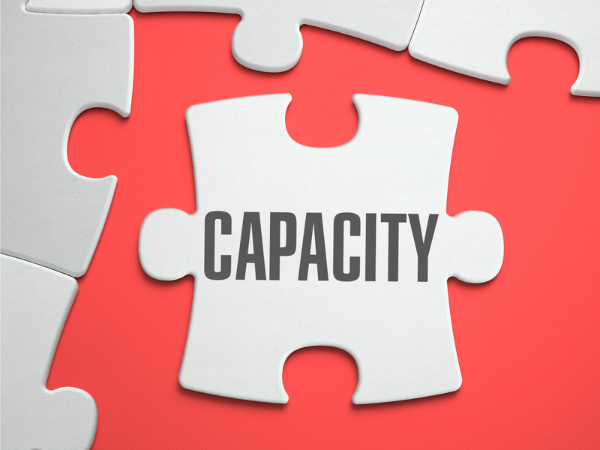
The process of assessing a person’s mental capacity is often misunderstood by social care practitioners as they seek to apply the principles of the Mental Capacity Act 2005 (MCA) and the lessons from case law. But help is at hand with the launch of a set of resources which aims to support practitioners improve their capacity assessments and become more legally literate in this area of law.
Community Care Inform Adults’ knowledge and practice hub on mental capacity and deprivation of liberty includes at-a-glance and in-depth guidance on assessing capacity in a range of practice contexts. Our quick guide to assessing capacity – written by MCA trainer and social worker Elmari Bishop – sets out five key steps to take when assessing capacity:
- The starting point – the principles of the presumption of capacity and respecting a person’s entitlement to make unwise decisions with capacity (principles 1 and 3 of the MCA) are the starting point for any capacity assessment.
- Capacity is decision and time specific – saying that someone lacks capacity is meaningless. You must ask yourself, “what is the specific decision that needs to be made at this point in time?” If you don’t define this question before you start undertaking the assessment, the exercise will be pointless and may lead to the wrong outcome.
- Preparation for capacity assessments – remember that a crucial step of assessing capacity is to prepare yourself for the assessment. Don’t go in with a blank canvas.
- Take all practicable steps – you have to ask yourself if there is something that you can do which might mean that an individual would be able to make the decision for themselves.
- Applying the test – the MCA test for capacity has two aspects: the diagnostic element (that is, is there an impairment of, or a disturbance in the functioning of, the mind or brain?) and the functional element (is the person unable to make a decision because of the impairment?). Being unable to make a decision means being unable to understand, retain or “use or weigh” information relevant to the decision, or to communicate their decision.
Other content on assessing capacity on the hub include:
- Guide to case law and the process of assessing capacity
- Guide to case law and capacity to consent to sexual relations and marriage
- Guide to case law in relation to capacity to consent to contraception, birth and terminations
- Case study: a practical analysis of a mental capacity assessment
- Guide to assessing mental capacity and making best interests decisions
The hub is now available to Community Care Inform Adults’ subscribers.



 Bournemouth, Christchurch and Poole
Bournemouth, Christchurch and Poole  Hampshire County Council
Hampshire County Council  Lincolnshire County Council
Lincolnshire County Council  Norfolk County Council
Norfolk County Council  Northamptonshire Children’s Trust
Northamptonshire Children’s Trust  South Gloucestershire Council
South Gloucestershire Council  Wiltshire Council
Wiltshire Council  Wokingham Borough Council
Wokingham Borough Council  Children and young people with SEND are ‘valued and prioritised’ in Wiltshire, find inspectors
Children and young people with SEND are ‘valued and prioritised’ in Wiltshire, find inspectors  How specialist refugee teams benefit young people and social workers
How specialist refugee teams benefit young people and social workers  Podcast: returning to social work after becoming a first-time parent
Podcast: returning to social work after becoming a first-time parent  Podcast: would you work for an inadequate-rated service?
Podcast: would you work for an inadequate-rated service?  Family help: one local authority’s experience of the model
Family help: one local authority’s experience of the model  Workforce Insights – showcasing a selection of the sector’s top recruiters
Workforce Insights – showcasing a selection of the sector’s top recruiters 

 Facebook
Facebook X
X LinkedIn
LinkedIn Instagram
Instagram
Comments are closed.